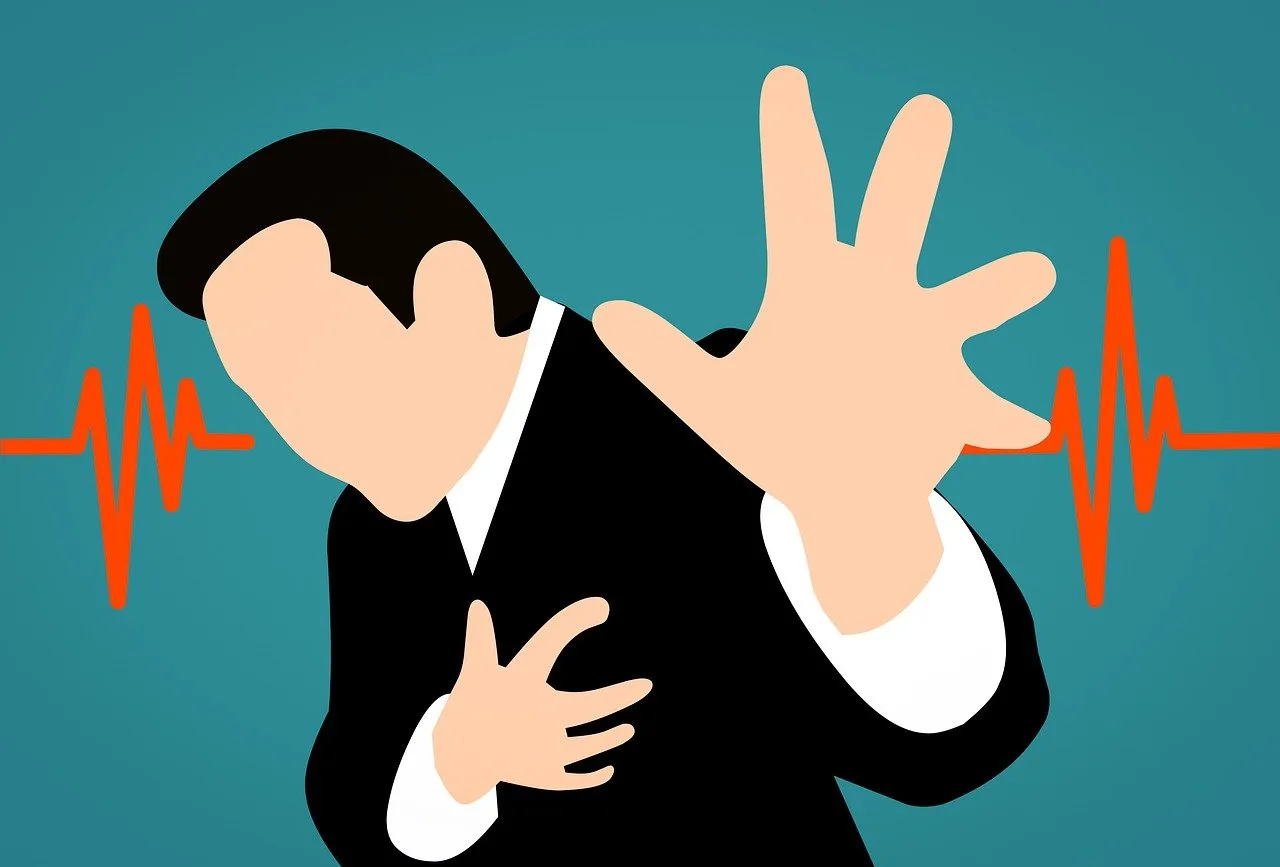When managing congestive heart failure (CHF), patients and their caregivers should be vigilant about monitoring specific signs and symptoms that may indicate worsening of the condition. Recognizing these signs early can lead to timely adjustments in treatment, potentially preventing emergency situations. Here’s a detailed outline focusing on the signs and symptoms to monitor and when to seek emergency care:
Signs and Symptoms of Congestive Heart Failure
1.Shortness of Breath:
- Occurs initially during physical activity, progresses to happening during rest or while lying flat (orthopnea).
- Monitoring tip: Note any increases in the frequency or severity of shortness of breath, especially if it wakes you up at night (paroxysmal nocturnal dyspnea).
2.Persistent Cough or Wheezing:
- A cough that produces white or pink blood-tinged mucus.
- Monitoring tip: Keep track of cough frequency and any changes in mucus color or consistency.
3.Edema (Swelling):
- Swelling in the feet, ankles, legs, or abdomen due to fluid retention.
- Monitoring tip: Regularly check for swelling in these areas, noting any new swelling or increases in existing swelling.
4.Fatigue and Weakness:
- Feeling unusually tired or weak, even with minimal exertion.
- Monitoring tip: Observe any new or worsening fatigue that interferes with daily activities.
5.Rapid or Irregular Heartbeats:
- Palpitations or feeling like the heart is racing or throbbing.
- Monitoring tip: Be aware of any new or more frequent heart palpitations.
6.Sudden Weight Gain:
- Gaining more than 2-3 pounds in a day or more than 5 pounds in a week.
- Monitoring tip: Weigh yourself at the same time every day and track any sudden increases.
7.Decreased Appetite or Nausea:
- Feeling full or nauseous, which may indicate fluid accumulation around the liver and intestines.
- Monitoring tip: Note any persistent loss of appetite or bouts of nausea.
8.Difficulty Concentrating or Decreased Alertness:
- May include confusion, disorientation, or memory problems.
- Monitoring tip: Monitor for any new or worsening cognitive issues.
When to Seek Emergency Care
- Severe Shortness of Breath or Difficulty Breathing: If you experience trouble breathing while at rest or minimal activity, seek immediate medical attention.
- Chest Pain: This could indicate a heart attack or other serious heart issues. It requires urgent evaluation.
- Fainting or Severe Weakness: These could signal a significant drop in blood pressure or cardiac output.
- Rapid or Irregular Heartbeat Accompanied by Discomfort: If palpitations are accompanied by chest discomfort, dizziness, or weakness.
- Sudden, Severe Swelling: Rapid increase in swelling of the legs, ankles, feet, or abdomen can indicate acute heart failure exacerbation.
- Sudden Weight Gain: Gaining more than 3-5 pounds in a short period (1-2 days) suggests worsening fluid retention and needs prompt medical review.
Conclusion
Early detection and management of worsening symptoms can significantly impact the course of CHF. Patients should maintain regular follow-ups with their healthcare provider to adjust treatments as needed. However, recognizing when to seek emergency care is crucial to prevent potentially life-threatening situations. Always err on the side of caution and consult a healthcare professional if there’s any uncertainty about the severity of symptoms.
Read also: what foods lower blood sugar immediately
Disclaimer : The information provided on myhealthpage.in is not a substitute for professional medical advice, diagnosis, or treatment. If you have any questions or concerns about your health, please consult with a licensed physician or other qualified healthcare provider.
Image by Lifestylememory on Freepik




